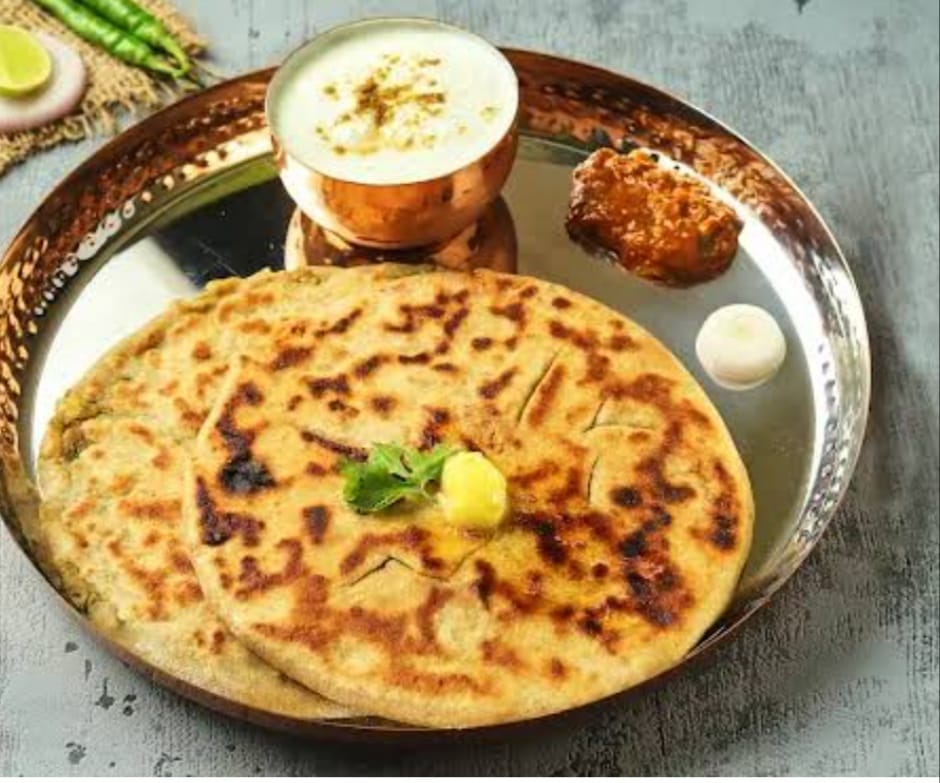In our quest for a balanced diet, understanding how different foods impact digestion is crucial. Two staples in Indian cuisine, dahi (yogurt) and parathas, are often enjoyed for their taste and nutritional benefits. However, their effects on the digestive process are worth exploring. This article delves into how these foods influence digestion and overall health.
Dahi and Its Impact on Digestion
Dahi, a probiotic food, contains beneficial bacteria like Lactobacillus that can positively alter gut flora. These good microbes help regenerate our digestive system by neutralizing harmful bacteria. However, dahi can slow digestion in some ways:
- Gastric Emptying: Dahi slows gastric emptying due to caseins precipitating in the low pH environment of the stomach. This coagulation affects digestibility and gastrointestinal transit.
- Texture and Fat Content: Its thick texture requires more time and effort to break down compared to liquids or softer foods. The fat content in dahi also delays gastric emptying and digestion.
Parathas and Digestion
Parathas are known for their high fat content due to the use of ghee or oil in cooking, which slows down digestion. Here’s how:
- Fats: Fats take longer to process compared to carbohydrates and proteins, delaying digestion.
- Complex Carbohydrates and Fiber: Made from whole wheat flour, parathas contain complex carbohydrates and dietary fiber that break down gradually, contributing to slower digestion.
- Spices and Fillings: Ingredients like potatoes, onions, or paneer add extra complexity, making digestion even more prolonged.
Effects on Nutrient Absorption
Slow digestion can impact nutrient absorption. For instance, dietary fiber can bind with minerals like calcium, forming unabsorbable complexes that hinder absorption. Additionally, high-calorie meals can lead to significant weight gain and lower esophageal sphincter pressure, potentially causing acid reflux.
Benefits of Slow Digestion
Despite the slower digestion, consuming foods rich in complex carbohydrates, fiber, and healthy fats, such as whole wheat parathas, has several benefits:
- Stabilized Blood Sugar Levels: These nutrients provide a gradual release of glucose into the bloodstream, ensuring sustained energy throughout the day and preventing energy slumps.
- Satiety and Weight Management: They promote satiety by increasing feelings of fullness and reducing overall calorie intake, helping in weight management and curbing unhealthy cravings.
- Gut Health: The dietary fiber supports gut health by feeding beneficial bacteria, improving bowel regularity, and reducing the risk of gastrointestinal disorders.
Conclusion
Both dahi and parathas have complex effects on digestion due to their composition and preparation methods. While they can slow digestion, they also offer significant nutritional benefits that support overall health. Understanding these effects can help in making informed dietary choices that balance enjoyment with digestive health.




